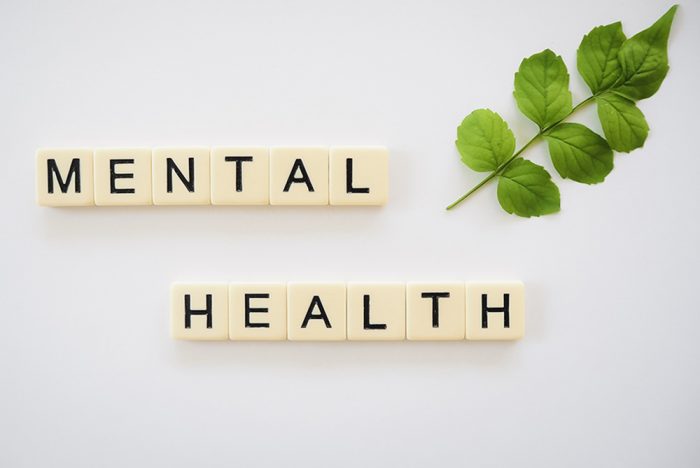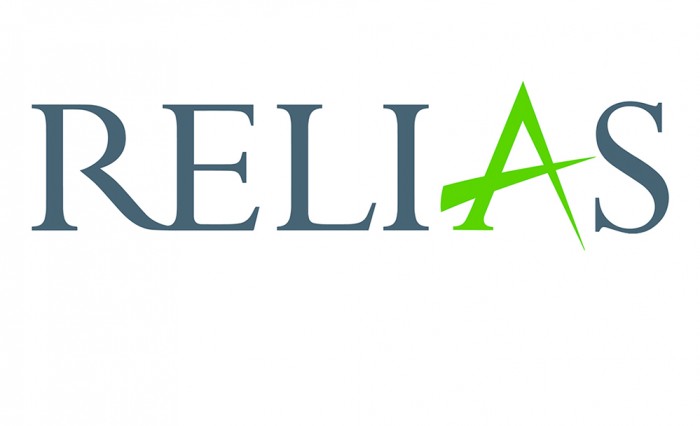National Council for Mental Wellbeing
NatCon25 Registration Is Now Open!
National Council Releases Five-Year Strategic Plan
National Council Shares Ten Ways to Take Action This World Mental Health Day
Relias Webinar “Navigating the Suicidal Crisis With Your Outpatient Client” Now Available On Demand
National Council Announces Call for Workshops for Annual Conference
National Council and NASMHPD to Host “CCBHC’s Synergies With Crisis Systems” Webinar on July 12
The National Council for Mental Wellbeing, in partnership with the National Association of State Mental Health Program Directors (NASMHPD), will host a webinar titled “CCBHC’s Synergies With Crisis Systems” on Friday, July 12, from 1:30 pm – 3:00 pm ET. This event, sponsored by the Substance Abuse and Mental Health Services Administration (SAMHSA), marks the final session in a four-part Crisis Stabilization Learning Series. The webinar will feature discussions on how Certified Community Behavioral Health Clinics (CCBHC) can effectively respond to and manage crisis situations, leveraging their capabilities within community crisis systems. It will also cover the role of peer support and the expansion of crisis services through the CCBHC model. Key speakers include Joe Parks, MD, from the National Council, Carrie Slatton-Hodges from NASMHPD, and C.J. Davis, CEO of Brightli Inc. An upcoming publication from the National Council’s Medical Director Institute will be highlighted in the discussion as well.
To participate in the upcoming webinar, register here.
If you have any other questions, please contact RCPA COO and Policy Director Jim Sharp.
National Council to Hold “Pride at the Intersections” Webinar on June 27














